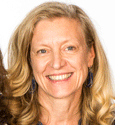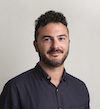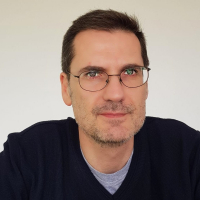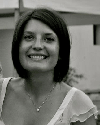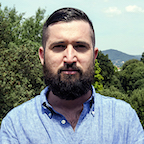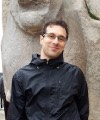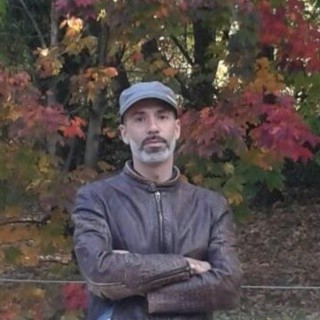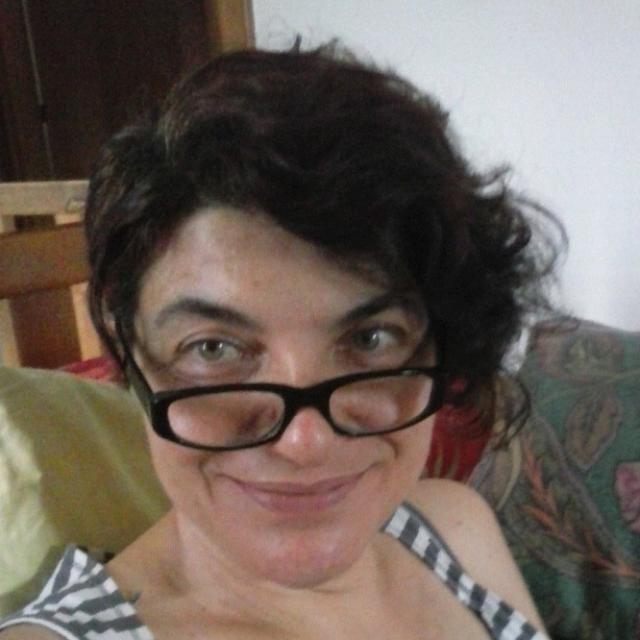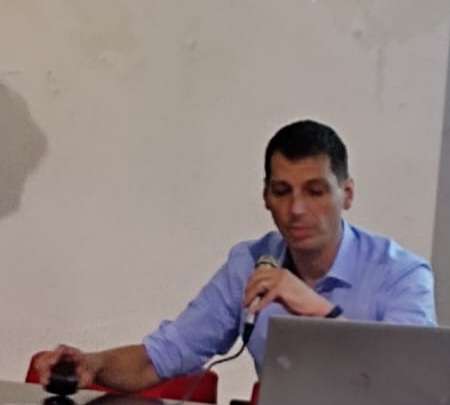Studying at the University of Verona
Here you can find information on the organisational aspects of the Programme, lecture timetables, learning activities and useful contact details for your time at the University, from enrolment to graduation.
Academic calendar
The academic calendar shows the deadlines and scheduled events that are relevant to students, teaching and technical-administrative staff of the University. Public holidays and University closures are also indicated. The academic year normally begins on 1 October each year and ends on 30 September of the following year.
Course calendar
The Academic Calendar sets out the degree programme lecture and exam timetables, as well as the relevant university closure dates..
| Period | From | To |
|---|---|---|
| CuCi 1 A | Sep 23, 2024 | Oct 31, 2024 |
| CuCi 1 B | Nov 11, 2024 | Dec 21, 2024 |
| CuCi 2 A | Feb 17, 2025 | Mar 29, 2025 |
| CuCi 2 B | Apr 7, 2025 | May 31, 2025 |
| Session | From | To |
|---|---|---|
| Sessione invernale | Jan 7, 2025 | Feb 15, 2025 |
| Sessione estiva | Jun 3, 2025 | Jul 26, 2025 |
| Sessione autunnale | Aug 25, 2025 | Sep 20, 2025 |
| Session | From | To |
|---|---|---|
| Sessione straordinaria a.a. 2023/24 | Mar 31, 2025 | Apr 5, 2025 |
| Sessione estiva | Jul 7, 2025 | Jul 12, 2025 |
| Sessione autunnale | Nov 3, 2025 | Nov 8, 2025 |
| Sessione straordinaria a.a. 2024/25 | Mar 27, 2026 | Apr 2, 2026 |
| Period | From | To |
|---|---|---|
| Chiusura palazzi | Nov 2, 2024 | Feb 2, 2024 |
| Vacanze di Natale | Dec 23, 2024 | Jan 6, 2025 |
| Vacanze di Pasqua | Apr 19, 2025 | Apr 21, 2025 |
| Festa della Liberazione | Apr 25, 2025 | Apr 25, 2025 |
| Festa dei lavoratori | May 1, 2025 | May 1, 2025 |
| Festa del Santo Patrono | May 21, 2025 | May 21, 2025 |
| Vacanze estive | Aug 11, 2025 | Aug 16, 2025 |
Exam calendar
Exam dates and rounds are managed by the relevant Culture and Civilisation Teaching and Student Services Unit.
To view all the exam sessions available, please use the Exam dashboard on ESSE3.
If you forgot your login details or have problems logging in, please contact the relevant IT HelpDesk, or check the login details recovery web page.
Should you have any doubts or questions, please check the Enrollment FAQs
Academic staff
 liampaul.benison@univr.it
liampaul.benison@univr.it
 riccardo.bertolazzi@univr.it
riccardo.bertolazzi@univr.it
 luca.bochicchio@univr.it
luca.bochicchio@univr.it
 dario.donetti@univr.it
dario.donetti@univr.it
 stefania.pontrandolfo@univr.it
stefania.pontrandolfo@univr.it
Study Plan
The Study Plan includes all modules, teaching and learning activities that each student will need to undertake during their time at the University.
Please select your Study Plan based on your enrollment year.
1° Year
| Modules | Credits | TAF | SSD |
|---|
1 module among the following2° Year It will be activated in the A.Y. 2025/2026
| Modules | Credits | TAF | SSD |
|---|
2 modules among the following3 modules among the following1 module among the following3° Year It will be activated in the A.Y. 2026/2027
| Modules | Credits | TAF | SSD |
|---|
1 module among the following3 modules among the following1 module among the following| Modules | Credits | TAF | SSD |
|---|
1 module among the following| Modules | Credits | TAF | SSD |
|---|
2 modules among the following3 modules among the following1 module among the following| Modules | Credits | TAF | SSD |
|---|
1 module among the following3 modules among the following1 module among the following| Modules | Credits | TAF | SSD |
|---|
Legend | Type of training activity (TTA)
TAF (Type of Educational Activity) All courses and activities are classified into different types of educational activities, indicated by a letter.
Type D and Type F activities
Training offer being defined
Introduction to Art History (2024/2025)
Teaching code
4S004606
Teacher
Not yet assigned
Credits
6
Language
Italian
Scientific Disciplinary Sector (SSD)
L-ART/02 - HISTORY OF MODERN ART
Period
CuCi 1 A, CuCi 1 B
Courses Single
Authorized
Learning objectives
The course is dedicated to understanding and putting in context the main subject matters in Art History from Middle Ages to the XIX century. The course will also discuss the main methods of analysis in Art History. Lessons will focus on: - Periods and designations - Analysis of specific themes: the figure of the artist; the main genres; the perspective; the problem of time in the visual arts. - Methods of analyzing works of art. This course aims at providing the students with the basic tools that can be helpful in recognizing the main styles and the prevailing iconographies with autonomy; recognizing the most widespread genres, their development and their fortune; dealing with the cultural arguments involved in the way their designations were created in a critical way; being aware of the essential primary sources; mastering the main consultation tools for bibliographic research. During the course, students are frequently encouraged to verify the reliability of the theoretical statements they have learnt from the teacher (or the tutor, during the seminaries) by analyzing the works of art by their own (the main pieces will be discussed during the lessons and their images will be loaded on the e-learning website); furthermore, students are encouraged to express their opinions on specific problems concerning some particular works of art, so that they can develop their skills in forming their personal judgement.
Career prospects
Module/Programme news
News for students
There you will find information, resources and services useful during your time at the University (Student’s exam record, your study plan on ESSE3, Distance Learning courses, university email account, office forms, administrative procedures, etc.). You can log into MyUnivr with your GIA login details: only in this way will you be able to receive notification of all the notices from your teachers and your secretariat via email and soon also via the Univr app.
Graduation
List of theses and work experience proposals
| theses proposals | Research area |
|---|---|
| Ambiti di tesi | Art & Architecture - Art & Architecture |
| Stage | Research area |
|---|---|
| Lavorare in archivio | Various topics |

 +39 045802 8351
+39 045802 8351
